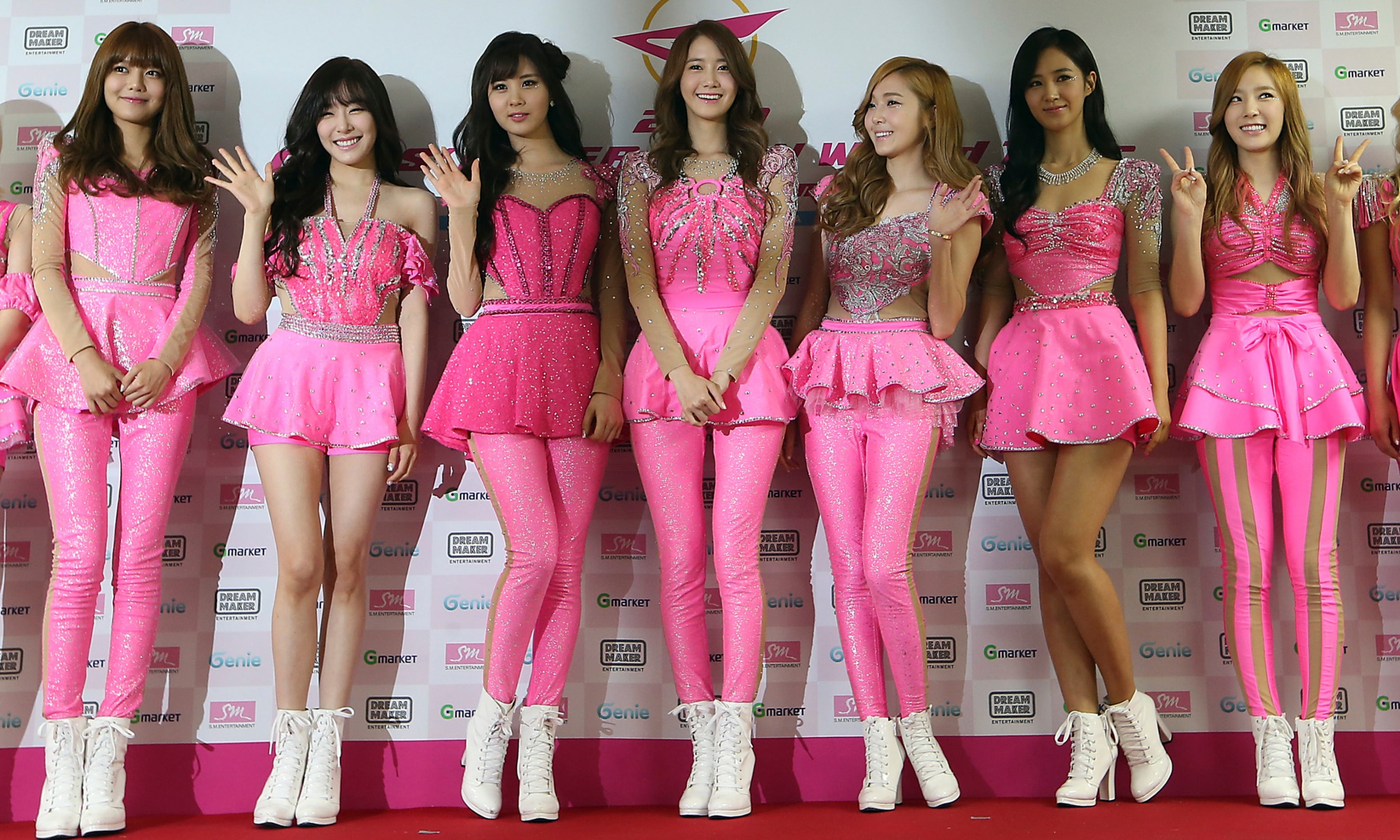North Korean Pop Music Scene: North Korean Kpop

North korean kpop –
North Korean pop music (K-pop) has a distinct history and evolution, shaped by the country’s political ideology and cultural isolation. Despite strict censorship and propaganda, North Korean K-pop has developed unique characteristics and influences, reflecting the aspirations and sentiments of the North Korean people.
Amidst the vibrant tapestry of North Korean K-pop, there emerged a discordant note. The controversial figure of Lauren Boebert cast a shadow over the otherwise harmonious scene, her inflammatory rhetoric and polarizing stance stirring unease. Yet, beneath the surface of this clash, the allure of North Korean K-pop remained undiminished, its infectious melodies and captivating performances continuing to captivate audiences around the globe.
Origins and Development
The roots of North Korean K-pop can be traced back to the 1940s, with the establishment of the Democratic People’s Republic of Korea (DPRK). The government actively promoted music and dance as a means of disseminating propaganda and fostering national unity. In the 1980s, the rise of South Korean K-pop influenced the development of a distinct North Korean style, blending traditional Korean music with modern pop elements.
The world of North Korean K-pop is shrouded in secrecy, with few details emerging from the isolated nation. Yet, amidst the enigmatic allure, one cannot help but wonder if the rhythms and melodies that captivate audiences worldwide have found their way into the heart of Jalen Hurts , the enigmatic quarterback who has taken the NFL by storm.
Could the enigmatic strains of North Korean K-pop have played a role in shaping the enigmatic persona and indomitable spirit of Hurts on the gridiron? As the enigmatic melodies of North Korean K-pop continue to enchant listeners, one can’t help but ponder the intriguing possibilities.
Characteristics and Influences
North Korean K-pop is characterized by its patriotic lyrics, glorifying the country’s leaders and the socialist system. The music often incorporates traditional Korean instruments, such as the gayageum and taepyeongso, alongside modern synthesizers and drum machines. The lyrics often focus on themes of national pride, unity, and the pursuit of a socialist utopia.
Propaganda and Censorship
Propaganda and censorship play a significant role in shaping North Korean K-pop. The government strictly controls the production and distribution of music, ensuring that it aligns with the official ideology. Lyrics and melodies are carefully scrutinized to ensure they promote the desired messages. As a result, North Korean K-pop is often seen as a tool for disseminating the government’s political agenda.
Comparison of North Korean and South Korean K-pop

North Korean and South Korean K-pop share some similarities, such as their focus on catchy melodies, energetic dance routines, and elaborate music videos. However, there are also some key differences between the two genres.
Musical Styles
North Korean K-pop is typically more patriotic and propagandistic than South Korean K-pop. The lyrics of North Korean K-pop songs often praise the leader of North Korea, Kim Jong-un, and the country’s socialist system. The music is also often more militaristic and upbeat than South Korean K-pop.
South Korean K-pop, on the other hand, is more diverse in terms of musical style. There are many different subgenres of South Korean K-pop, including pop, rock, hip-hop, and R&B. The lyrics of South Korean K-pop songs often deal with themes of love, loss, and friendship.
Themes, North korean kpop
The themes of North Korean and South Korean K-pop are also different. North Korean K-pop songs often focus on themes of patriotism, socialism, and the military. South Korean K-pop songs, on the other hand, often deal with themes of love, loss, and friendship.
Aesthetics
The aesthetics of North Korean and South Korean K-pop are also different. North Korean K-pop music videos often feature images of the North Korean flag, the country’s military, and Kim Jong-un. South Korean K-pop music videos, on the other hand, often feature more colorful and elaborate sets and costumes.
Production and Distribution
The production and distribution of North Korean and South Korean K-pop are also different. North Korean K-pop is produced by the state-owned Korean Central News Agency (KCNA). South Korean K-pop, on the other hand, is produced by a variety of private companies.
North Korean K-pop is only distributed within North Korea. South Korean K-pop, on the other hand, is distributed all over the world.
Cultural and Political Implications
The differences between North Korean and South Korean K-pop have cultural and political implications. North Korean K-pop is used to promote the country’s socialist system and to glorify Kim Jong-un. South Korean K-pop, on the other hand, is more apolitical and is more focused on entertainment.
The differences between North Korean and South Korean K-pop also reflect the different political systems of the two countries. North Korea is a totalitarian state, while South Korea is a democracy.
Impact of North Korean K-pop on Global Culture

The emergence of North Korean K-pop has had a profound impact on global culture. Its unique blend of traditional Korean music with modern pop elements has captivated audiences worldwide, leading to a growing popularity and influence beyond the borders of North Korea.
The spread of North Korean K-pop can be attributed to several factors. One key factor is the internet, which has facilitated the sharing and distribution of North Korean music videos and performances. Social media platforms have also played a significant role in promoting North Korean K-pop, allowing fans to connect with each other and share their enthusiasm for the music.
Factors Contributing to Global Popularity
The growing popularity of North Korean K-pop globally can be attributed to several factors:
- Unique Musical Style: North Korean K-pop combines traditional Korean melodies with modern pop beats, creating a distinctive sound that appeals to a wide audience.
- High-Quality Productions: North Korean K-pop music videos and performances are often meticulously produced, showcasing impressive choreography, elaborate costumes, and polished vocals.
- Cultural Curiosity: The secretive nature of North Korea has piqued the curiosity of many, leading to an interest in its music and culture.
- Political Symbolism: North Korean K-pop is often seen as a symbol of the country’s desire to engage with the international community and project a softer image.
Potential Implications
The global reach of North Korean K-pop has several potential implications:
- Cultural Exchange: The spread of North Korean K-pop can foster cultural exchange between North Korea and the rest of the world, promoting understanding and dialogue.
- Political Influence: North Korean K-pop could be used as a tool for political propaganda, influencing perceptions of North Korea and its government.
- Economic Opportunities: The popularity of North Korean K-pop could create economic opportunities for North Korea, potentially generating revenue from music sales and tourism.